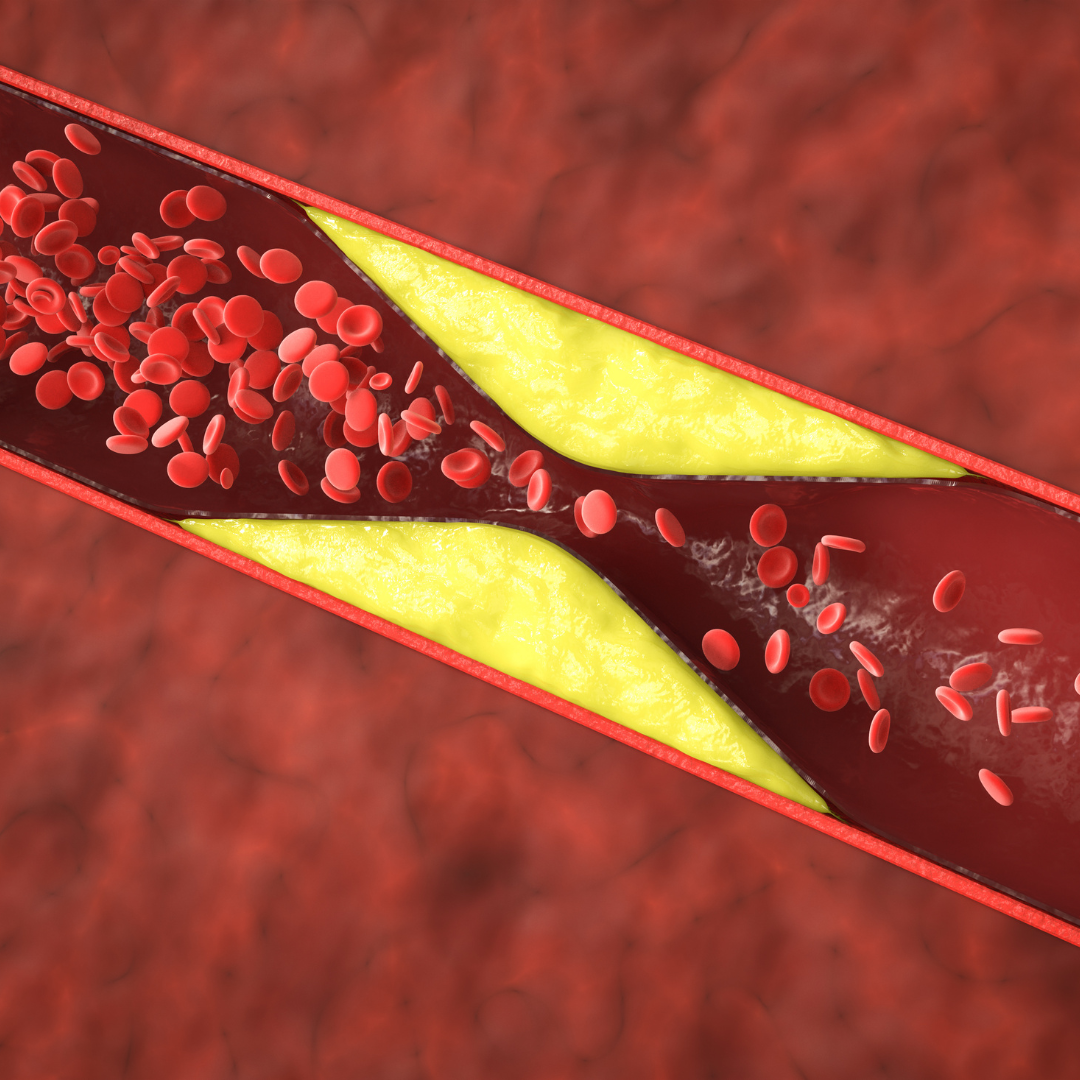Leila Khalili, a doctoral student in the Nutrition and Food Science program at Anne’s College, has been awarded the highly competitive 2025 American Heart Association (AHA) Predoctoral Fellowship.
The two-year fellowship provides nearly $70,000 in funding to support Khalili’s research on the impacts of gut microbiota and dietary interventions on cardiovascular health.
The American Heart Association Predoctoral Fellowship supports emerging researchers whose projects demonstrate high potential to advance cardiovascular and cerebrovascular science and brain health.
“Receiving the AHA Predoctoral Fellowship is a significant honor,” Khalili said. “The funding allows me to conduct more in-depth research, analyze larger datasets, and refine my methodologies. This recognition also supports my career goals by opening opportunities for further research collaborations and positioning me as a cardiovascular health and microbiota research scholar.”
The award will support Khalili’s research through the end of 2026.
“This fellowship validates the importance of exploring alternative approaches to cardiovascular disease prevention, such as dietary interventions and gut microbiota modulation,” Khalili said. “It motivates me to continue pushing forward with my work and contribute to the growing body of research reshaping how we approach heart health. It also strengthens my commitment to improving public health by advancing more personalized, effective, and accessible treatments for cardiovascular diseases.”
 Khalili’s funded project is titled “The Role of Akkermansia muciniphila in Atherosclerosis.” Her work investigates how the beneficial gut bacterium, Akkermansia muciniphila, may influence plaque buildup in the arteries —a key factor in the development of atherosclerosis. This condition, characterized by the narrowing and hardening of arteries due to plaque buildup (pictured left), is a major contributor to cardiovascular disease.
Khalili’s funded project is titled “The Role of Akkermansia muciniphila in Atherosclerosis.” Her work investigates how the beneficial gut bacterium, Akkermansia muciniphila, may influence plaque buildup in the arteries —a key factor in the development of atherosclerosis. This condition, characterized by the narrowing and hardening of arteries due to plaque buildup (pictured left), is a major contributor to cardiovascular disease.
The gut microbiota, a complex community of bacteria in the digestive system, play a key role in many aspects of our health, including cardiovascular health, Khalili says.
“Our lab has shown that Gallic Acid (GA), a dietary polyphenol, increases Akkermansia muciniphila levels in the gut of animal models,” she said. Dietary polyphenols are a group of naturally occurring compounds found in plants that have many potential health benefits.
“My project investigates whether these microbiome changes—directly from Akkermansia muciniphila supplementation and indirectly from GA treatment—can reduce inflammation, improve gut health, and decrease plaque formation associated with atherosclerosis,” she said. Additionally, the study aims to explore sex-specific differences in these effects.
If successful, Khalili’s findings could help develop personalized nutritional interventions for cardiovascular disease, reducing plaque buildup, and improving heart health, especially in older populations, Khalili said. “By exploring these mechanisms, we might be able to develop new therapeutic approaches, such as probiotics or food supplements, that improve gut health and reduce atherosclerosis, potentially offering a safer and more accessible alternative to pharmaceutical treatments.”
Guided by her mentor, Gloria Salazar, Hazel K. Stiebling Professor in the Department of Health, Nutrition, and Food Sciences, Khalili has focused her academic career and research interests on the intersection of nutrition and chronic diseases. As a master’s student, Khalili researched how dietary modifications could benefit patients suffering from cardiovascular disease, cancer, and diabetes.
“This experience made me realize the potential of targeted nutrition to prevent and manage chronic diseases,” Khalili said. Her research interests ultimately guided her to the Salazar lab for her doctoral studies.
By Melissa Powell | January 15, 2025

 Khalili’s funded project is titled “The Role of Akkermansia muciniphila in Atherosclerosis.” Her work investigates how the beneficial gut bacterium, Akkermansia muciniphila, may influence plaque buildup in the arteries —a key factor in the development of atherosclerosis. This condition, characterized by the narrowing and hardening of arteries due to plaque buildup (pictured left), is a major contributor to cardiovascular disease.
Khalili’s funded project is titled “The Role of Akkermansia muciniphila in Atherosclerosis.” Her work investigates how the beneficial gut bacterium, Akkermansia muciniphila, may influence plaque buildup in the arteries —a key factor in the development of atherosclerosis. This condition, characterized by the narrowing and hardening of arteries due to plaque buildup (pictured left), is a major contributor to cardiovascular disease.
